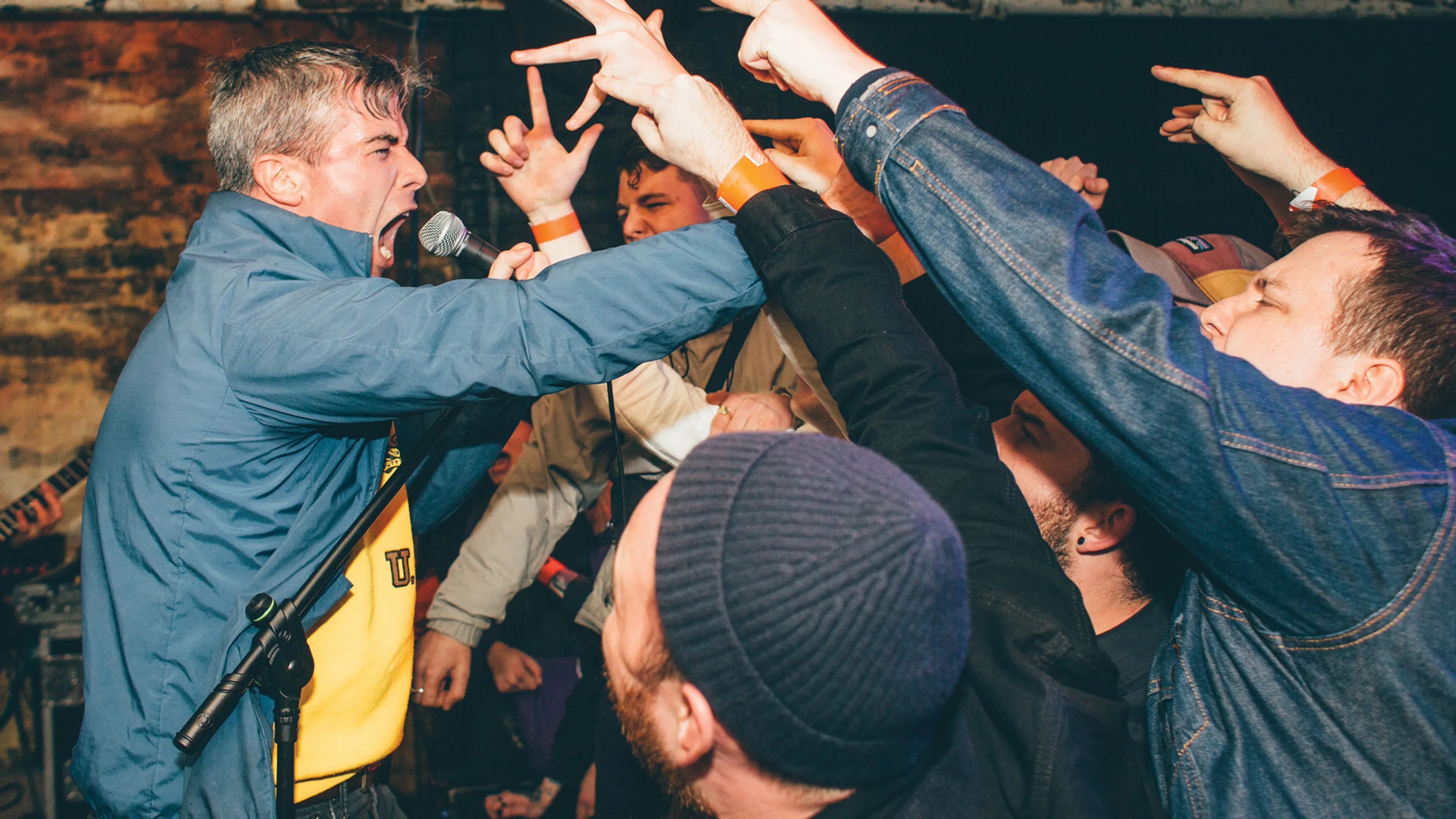What did your father think about what you do?
“Hey, as a guy that grew up with alcoholism in his childhood, to hear that his son thought it was cool and edgy not to drink? My father was like, ‘You do whatever you want.’ I always forget that I was really young when my first band was happening and definitely when Have Heart started playing he said, ‘This is crazy but at least you’re not drinking or doing drugs, so go ahead.’ He only came to one Have Heart show, which was the last one [in 2009] and he was blown away that it was that big and people had come from all over the world.”
Do you think the sense of tradition and community some people get from joining the military, you discovered through New England’s hardcore scene?
“In some ways – the community, the family, the history, absolutely. My father would go to reunions and the way that they would talk and laugh and keep in touch is really what I’ve done with people I’ve connected with in this world, and that’s really nice. Definitely the experiences and people we toured with in Have Heart, those are brothers of mine now. That was our rite of passage into this community. It’s really funny, when Have Heart were setting up dates in Southeast Asia, I was at dinner and said to my father, ‘Hey, we might do a tour of Vietnam.’ My father, while eating, just paused and went, ‘Yeah, I did one of those one time.’ That generational divide, the world that my father grew up in and the world I grew up in are insanely different.”
Has that been made more apparent since becoming a high school teacher yourself?
“Absolutely. I see everything in time and have a pretty deep appreciation for young minds and how hard it is to be a kid. I’m intensely trying to be more of an organiser and use my adult skills in touring to help young people out. Me and a friend in New Bedford are planning on booking one show each month at a venue, to create a scene and get more young people to play. The States doesn’t really give a shit about young people. It likes to say that it does, but it doesn’t. Its public school situation is a joke; you can look at the way they pay their teachers. So you’ve got to do those things yourself and the thing with hardcore and punk communities is it dies when the old people don’t leave the stage and leave enough room for the younger generation to get in there.”
Have you found yourself thinking about what lessons you would want to pass on to your own children?
“Man, I’ve got to write a record about that. Y’know, my mom told me that her and my dad would always just say, ‘We raised good kids.’ Not necessarily nice kids, but good kids. I’ve been given some crossroads in my life and of course I have regrets, but I’m grateful for having parents who promoted being a good person. Perhaps that’s too short-shifted, but I want my kid to be good! That’s all I can handle right now. Maybe ‘Good’ would be a good name for a record.”
